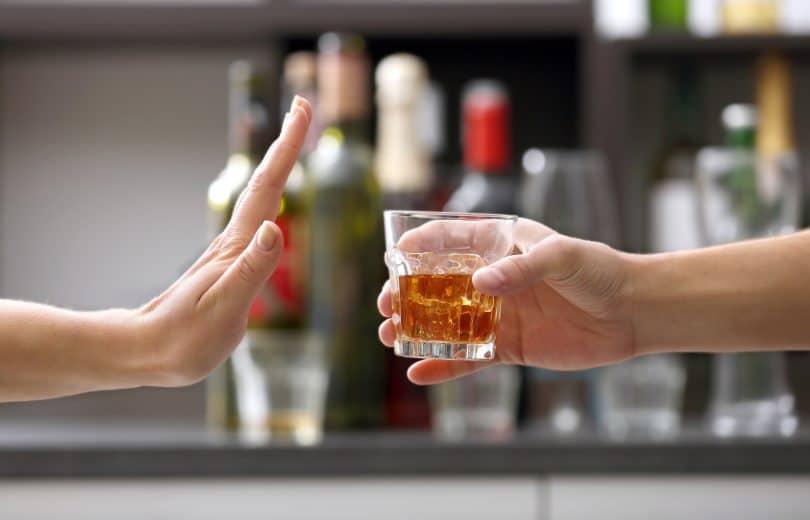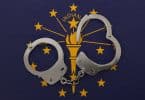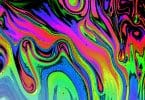The world of psychedelics is constantly proving to have a wide range of physical and mental benefits. It seems that slowly and finally, the medical establishment is beginning to accept drugs like psilocybin and LSD as genuine medicinal treatment alternatives. In recent news, more research has been released that proves that the well-known substance within magic mushrooms can be used to treat those with alcohol addictions.
We’re going to find out why this method has been working, what the study explicitly says, and other information surrounding the links between psychedelics and alcoholism. Can psilocybin tackle alcohol addiction? Let’s find out.
To stay current on everything important happening in the industry, as well as gain access to deals on cannabis flowers, vapes, edibles, and much more (various cannabinoids to choose from), make sure to subscribe to The Cannadelics Weekly Newsletter. Enjoy responsibly!
What is Alcoholism?
Addictions come in many shapes and sizes, and it’s often hard to actually decipher the difference between them and habits. For example, is brushing your teeth an addiction? Well, usually habits are less harmful than addictions. The truth is that addictions are patterns of habit created, with the hope of getting a certain reward. This reward is usually the feeling that the specific substance can give you. In the case of heroin, it is that sense of euphoria. In the case of alcohol, it could be that feeling of dissociated pleasure and anti-anxiety. An addiction is something we usually don’t have much power over, and something that – over time – has a negative impact on ourselves and perhaps those around us. However, habits are usually less harmful. Alvernia writes:
“Probably the most important distinction between habit vs. addiction is how choice, to an extent, is still possible with habit-forming behaviors. When it comes to addiction, people generally have a harder time making decisions because of their dependence on a substance or behavior.”
Alcoholism is one of the most popular addictions – this is partially because alcohol is so easy to access and is such an integral part of most societies. In fact, In America, 1 in 12 men and 1 in 25 women have an alcohol addiction. That is around 15 million people in the US with alcohol problems. In consequence, around 95,000 people a year die from this cause – which is the third highest cause of death in the US. But the question is, what actually is alcoholism and how does it manifest itself?
Well, an alcohol dependency usually means that a person puts drink above most other parts of their life, including work and family. This can sometimes cause detriment to these other parts of their life. Other signs of alcoholism include: withdrawal symptoms, not being able to stop drinking and increased tolerance. Sometimes it isn’t always easy to know when you are an alcoholic. Drinks Aware writes a helpful list of questions to ask yourself:
- Do I often feel the need to have a drink?
- Have I got into trouble because of my drinking?
- Have other people warned me about how much I’m drinking?
- Do I think my drinking is causing me problems?
If the answers to these questions are ‘yes’, then perhaps it’s time to seek professional advice.
How Alcoholism Is Treated
An addiction to anything is considered a behavior, and many believe that behaviors can be changed once you’ve figured out the cause of that pattern in the brain. Usually this is based on the ‘pleasure principle’. All addictions – including sex, gambling, drugs and alcohol – cause a surge of dopamine in the nucleus accumbens. This is like a reward to the body and to the mind when these addictions are satisfied. Once the brain realizes that a specific activity can cause that same dopamine kick, it will desire it again and again. Help Guide writes:
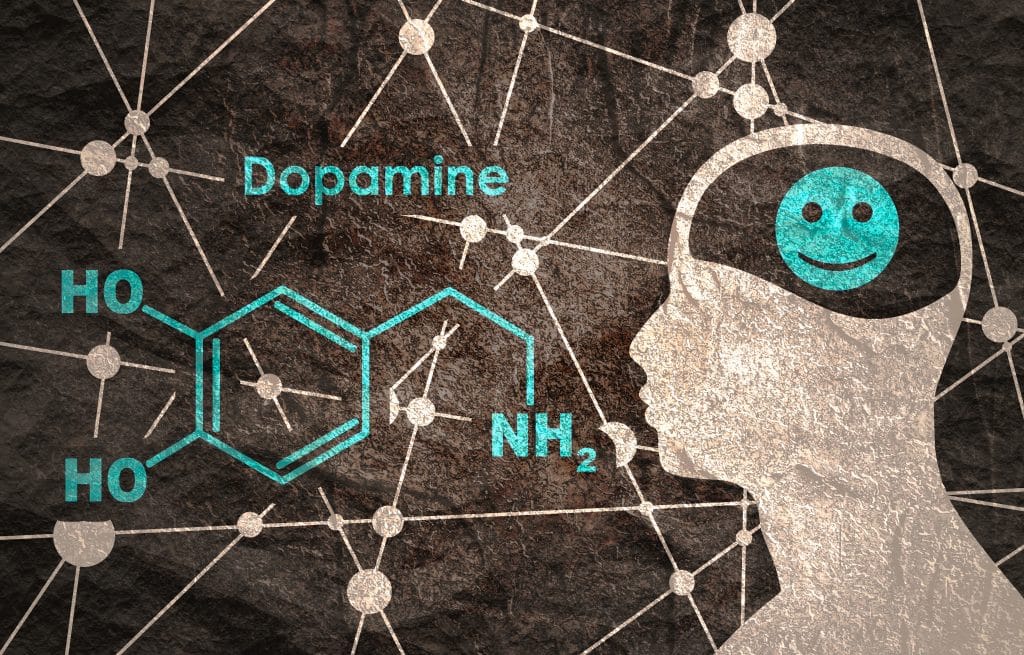
“The brain registers all pleasures in the same way, whether they originate with a psychoactive drug, a monetary reward, a sexual encounter, or a satisfying meal… Addictive drugs provide a shortcut to the brain’s reward system by flooding the nucleus accumbens with dopamine. The hippocampus lays down memories of this rapid sense of satisfaction, and the amygdala creates a conditioned response to certain stimuli.”
For years, alcoholism has been treated by Cognitive Behavioral Therapy, which can help to identify the negative thought patterns which usually lead to drinking. This can obviously take some time to work. Another method is a complete detoxification, taking away all access to alcohol – which usually requires help from family and friends. Another common treatment is mutual help groups, such as Alcoholics Anonymous, which allows for addicts to not feel so alone in their struggles towards sobriety. However, in more recent times, people have begun turning their heads towards psilocybin as a possible game-changing method of stopping alcohol addiction.
Psilocybin and Addiction
Psilocybin is the substance within magic mushrooms that is responsible for the psychoactive effects. The substance can cause hallucinations and mind-altering perceptions. The drug acts on neural highways in the brain that include the neurotransmitter, which creates serotonin. It’s an influx of serotonin that is believed to cause many of these hallucinogenic effects. However, the research into these drugs is limited due to the fact that not a lot of medical professionals have respected the substance, until now. Science Alert writes:
“Because they’re classified as Schedule 1 – meaning they have “no accepted medical use” and are illegal – it’s been pretty tough for scientists to tease out exactly what they can and can’t do.”
However, a recent study – made by scientists at the New York University and published in the JAMA Psychiatry – gave a group of men and women suffering from alcohol addiction some psilocybin treatment. Those chosen were people who had around four or five drinks (or more) a day. They discovered that those given psilocybin-assisted therapy reduced their drinking by a large amount – 83% to be specific. Those given the antihistamine placebo only reduced their drinking by 51%. Stat News writes:
“Eight months after the first psilocybin dose, close to half (48%) of those who had psilocybin stopped drinking altogether, twice as many as the 24% in the placebo group. The trial was double-blinded and relatively large for a psychedelics study, with 93 participants.”
The study has been heralded as a massive leap towards finding a successful treatment for those suffering from alcoholism. Each participant was given 12 psychotherapy sessions over 12 weeks, with 2-day long sessions using the specific medication. It was quite obvious for the participants to tell whether they were given the placebo or not, as psilocybin has quite obvious and intense effects. Jon Kostas, a 32 guy from New York, was given the real treatment and he said:
“It definitely affected my life and I’d say it saved my life… My greatest expectations were to be able to manage my cravings. This surpassed that. It eliminated my cravings.”
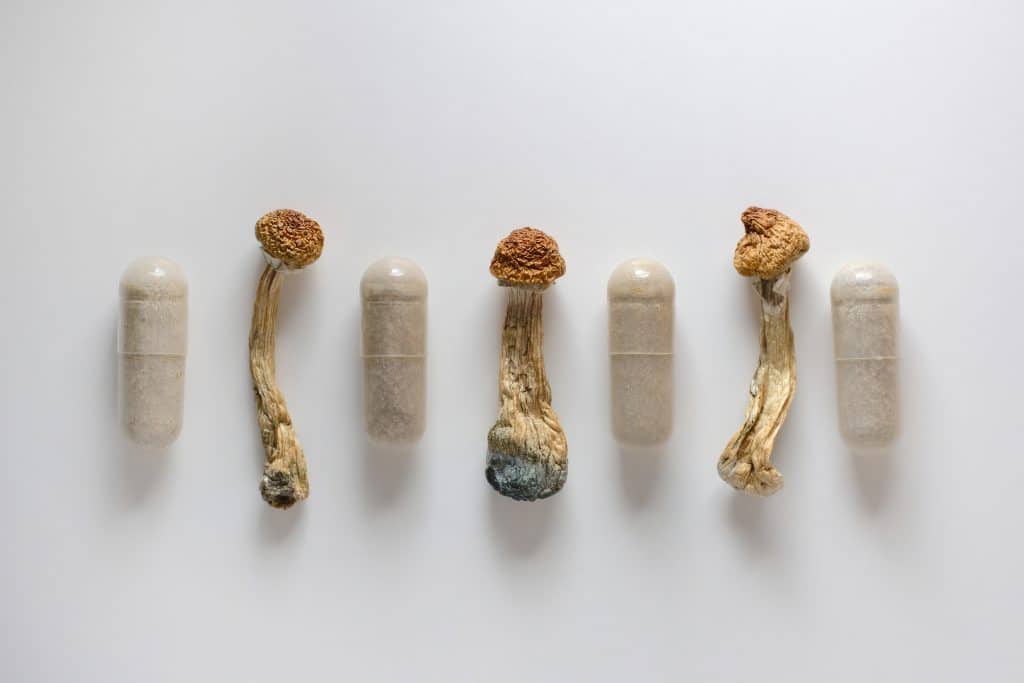
Whilst the results were impressive, it wasn’t clear how the substance was actually affecting the brain of those involved. Plus, overall, the participants didn’t actually have as much of an alcohol dependency as is usual with these kinds of studies. Nonetheless, what this study does is it shines a light on the potential of psychedelic therapy on addiction. Hopefully there is much more to come. However, this isn’t the first time that these kinds of studies have been done.
LSD and Alcoholism
During the 50s and 60s, professionals began testing the effects that LSD had on alcoholism and the results were equally as promising. The issue back then was that none of the studies had enough participants to be considered useful. However, if you combine six of the trials done in that period, the statistics are actually quite useful. There were 536 participants over the studies, with 59% of those who received the LSD reporting lower levels of alcohol misuse. In comparison, only 38% of those who received the placebo reported the same. These benefits were said to last around 3-6 months. Nature writes:
“Psychedelics were promoted by psychiatrists in the 1950s as having a range of medical uses… before political pressures in the United States and elsewhere largely ended the work… Alcoholism was considered one of the most promising clinical applications for LSD… Alcoholics Anonymous co-founder Bill Wilson is said to have espoused the benefits of LSD in the book Pass It On: The Story of Bill Wilson and How the AA Message Reached the World.”
It is believed that Bill Wilson, the founder of Alcoholics Anonymous, used LSD to end his alcohol dependency. In response, he wanted others to do the same as he was amazed by the effect the substance had on him. However, Wilson had to eventually stop promoting the drug as it put the A.A reputation at risk, due to the government’s view on recreational drugs.
Conclusion
It is evident that we are entering an important moment in medical research and psychedelic drugs. For the first time since the 50s, the medical establishment is again realizing how much use these sorts of substances can have on those suffering from addiction. The hope is that studies like this continue to happen and that, eventually, psilocybin and LSD-assisted therapy can be easily accessible for those who need it.
Thanks for stopping by!! Welcome to Cannadelics.com; an independent news platform where we work hard religiously to bring you the best in cannabis and psychedelics reporting. Hang out with us frequently to stay aware of all updates, and subscribe to our Cannadelics Weekly Newsletter, so you’re always first to get the news.


